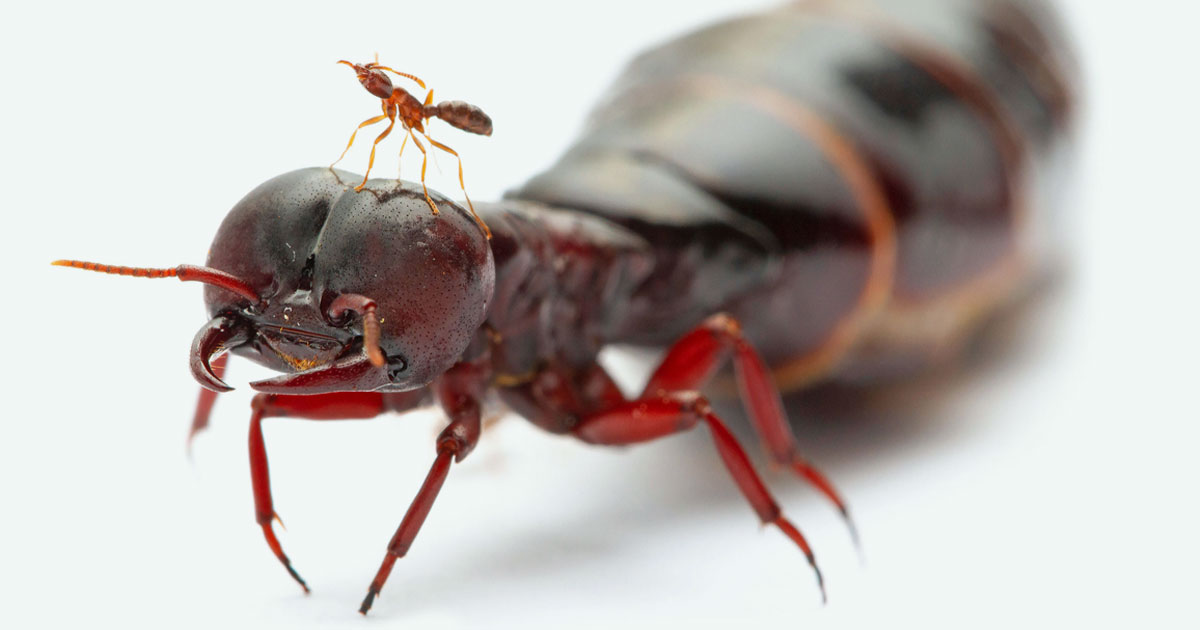andrewlee224
Member
- Joined
- Oct 4, 2020
- Messages
- 79
As in the subject, here's the article about the study:

 www.quantamagazine.org
www.quantamagazine.org
In short, it seems that an ant queen (which has the same genome as other ants) can live 10 times longer than normal ants, and the study claims it's due to altering their insulin response, and making insulin less harmful.
This seems to be in accordance with Peat's views that aging is not necessarily encoded in the genome.
Do you think a similar strategy could be somehow implemented in humans? Does insulin have a harmful effect in humans (I do not recall Peat's views on this)?

Ants Live 10 Times Longer by Altering Their Insulin Responses | Quanta Magazine
Queen ants live far longer than genetically identical workers. Researchers are learning what their longevity secrets could mean for aging in other species.
In short, it seems that an ant queen (which has the same genome as other ants) can live 10 times longer than normal ants, and the study claims it's due to altering their insulin response, and making insulin less harmful.
This seems to be in accordance with Peat's views that aging is not necessarily encoded in the genome.
Do you think a similar strategy could be somehow implemented in humans? Does insulin have a harmful effect in humans (I do not recall Peat's views on this)?
